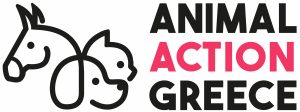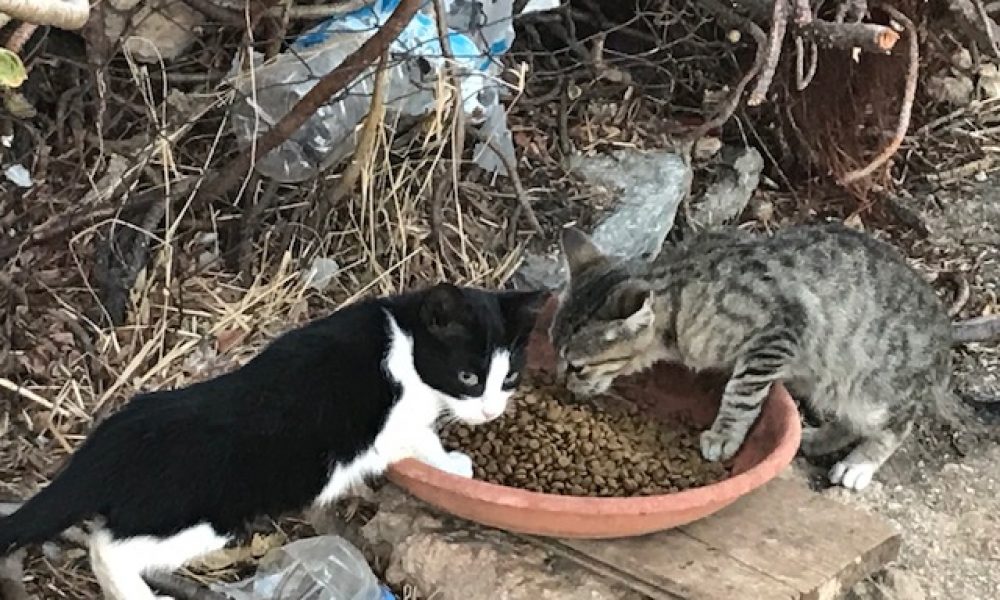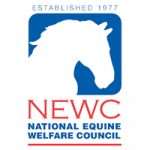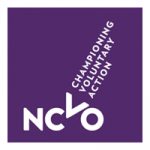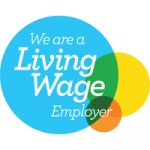23/10/2019
Paros is a small Greek island in the Aegean Sea best known for its beaches and traditional villages. Parikia, the bayside capital, is a boating and transportation hub for the Cyclades region. But it also has many working horses, donkeys and mules and many locals also earn their living from small farms with cattle, sheep and goats, which is where Animal Action Greece comes in!
On the 20th and 21st of September 2019, our Animal Action Greece Equine Project Team visited Paros, as we have done for some years now, to deliver free animal welfare services including veterinary, farrier and dentistry treatments to the working equines on the island.
Vet Elisa Geskou, farrier Tasos Skyllas and equine dentist Alkis Gkeskos managed over 2 days to treat 34 equines, none of whom would otherwise have had any access to specialist equine professionals or treatments during the rest of the year, which is a serious problem across Greece.
It always takes years to establish relationships and trust between animal owners and our team on our Outreach trips. But this investment pays off enabling us to have honest conversations with the owners, who use horses, donkeys and mules for various purposes on the island to help them earn a living. Elisa, Tasos and Alkis were all successful in discussing and agreeing treatments, covering advice on better feeding, maintaining the health and welfare of the animals whilst also reinforcing the clear legal duties on the owners for the welfare of their animals.
What we saw
It was reassuring that out past visits and work on teaching the locals about how to look after their equines has paid off! The animals the team treated were overall in very good condition, although, because of the abundance of dry, good quality grass on the island of Paros, a large proportion were obese!!
Apart from several cases of chronic lameness, overgrown hooves, and some injuries from accidents, there were no serious health problems found. The ‘lameness’ was due to chronic laminitis, a condition caused by the abundance of grain (usually barley) fed to the equines, due to either lack of knowledge or the fact it is cheap, along with the abundance of fresh grass available in Spring. But also, equines suffer from lameness due to the persistent use of hobbling their legs with ropes (called “pastoura” in Greek).
Hobbling
We are as a charity also very keen to challenge and suggest alternative ways of managing animals instead of ‘hobbling’ them. This a cruel custom that is common throughout the Cyclades region and beyond, and especially so on Paros.
The detrimental impact of ‘hobbling’ is now judged to be the most significant issue and a fundamental problem in maintaining the welfare of equines on Paros. This deeply ingrained phenomenon requires us to invest time and effort in order to change the ingrained attitudes of the islanders which has been passed down through the generations. It was painful to witness that out of the 30 adult equines that were treated, four were hobbled and 10 had evidence of hobble scars. For this reason, our team never ceases to engage the owners, educating them so that they understand the health and welfare issues caused by hobbling their animals.
Progress!
It was also a pleasure for the team to see progress! Two of the owners who came for treatments said they now use electric fencing in their everyday lives, not only for equines but also for cows, which they acknowledged has resulted in improvements in their general welfare including an increase in milk production from the cows!
Working with the local authorities
During our Outreach visit, the ministry vet Nikos Tsigonias (who has an official role with responsibility for animal welfare) offered his help and support, as every year, to locate and organize the equine owners. This partnership is vital in ensuring our work in a small community like Paros is successful.
Our team’s vet also had a meeting with the Mayor of Paros, Mr Kovaios, during which our views on welfare matters were exchanged and the Mayor was asked to support our proposed project on the island to address hobbling.
Working with the locals!
Our team would like to thank Mary Price for the generous donation that covered our team’s transport, food and accommodation. A big thank you also to Marielli Andreopoulou, for her contribution towards the expenses of the team on the island (transport and food), as well as for her tireless volunteering on organizing the outreach visit before and during it; without her, this visit could not have taken place!
